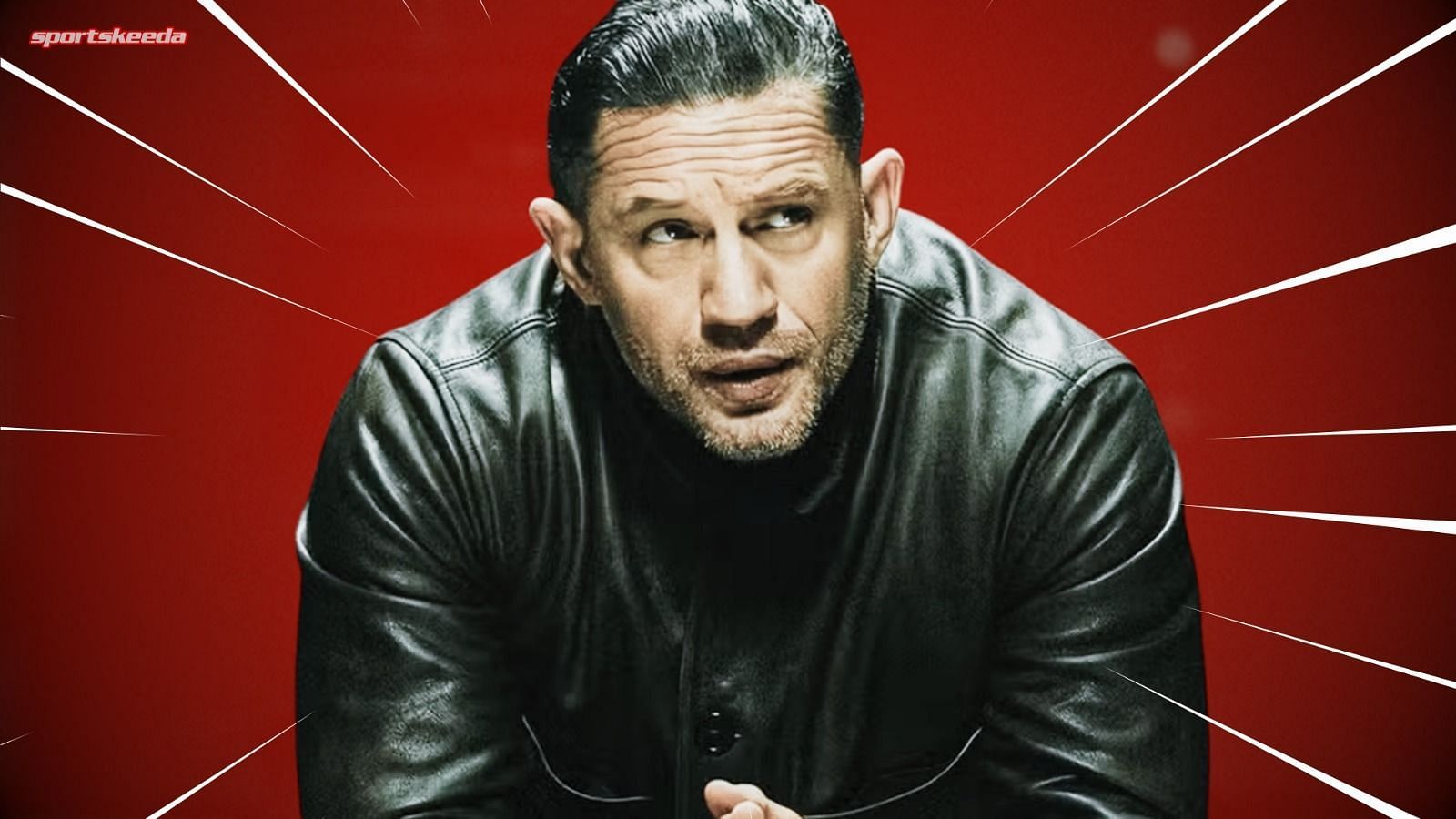MobLand channels Taylor Sheridan’s signature grit so well it feels like he created it himself

Gritty, earthy, and viciously self-analytical, MobLand is a British crime epic that seems startlingly recognizable, particularly to fans of Taylor Sheridan. Though Sheridan was not involved in the production, his signature storytelling pedigree is evident throughout: moral complexity, codes of honor between men, and brooding tension that builds toward explosive violence are apparent throughout this thrilling new show.
Written by Ronan Bennett and co-created with Jez Butterworth, MobLand explores the inner dynamics of the Harrigan family, a crime clan disintegrating in the context of a gang war, family treason, and personal destruction.
Set against the grimy underworld of London's criminal empire, the series introduces Tom Hardy as Harry Da Souza, a fixer caught between his allegiance to the Harrigans and the disintegrating code of honor that used to keep the underworld in line.
Directed by a team that includes Guy Ritchie, Anthony Byrne, and Daniel Syrkin, the series balances stylized British noir looks with strong American storytelling sensibilities, ones spearheaded by Sheridan in shows such as Sicario, Yellowstone, and Mayor of Kingstown.
The result is a series that, while steeped in British turf wars, resonates with the tone and character-driven narrative style that Sheridan has made his own.
How is MobLand channeling the signature style of Taylor Sheridan?
MobLand explores the gradual wearing down of individual conscience under the strain of family crime—a recurring Sheridan theme. Harry Da Souza is not that different from Sheridan's own protagonists, consider Sicario's Alejandro or Wind River's Cory Lambert—broken men making their way through institutions that have far outlived their ethical bearing.
Harry is constantly negotiating violence on both sides: for his criminal clients and within his broken family life, especially with his wife, Jan, and daughter, Gina. The series doesn't glamorize violence; instead, it shows it as the inevitable result of misplaced loyalty and institutional decay.
This dark fatalism reflects Sheridan's interest in institutional disintegration. From Hell or High Water to Mayor of Kingstown, Sheridan has always employed crime as a prism through which to view societal rot. MobLand follows suit—not merely a show about a family feud, it's about the pointlessness of legacy in a world where power structures are changing faster than the players can keep up.
The Harrigans' slide into anarchy, driven by internal treachery and outside attack, is a slow-motion implosion that feels agonizingly earned. Even the Stevensons, their enemies, are not villains in the classical sense but another cog in a corroding machine powered by desperation and survival.
Strong women, broken men, and the gradual reveal in MobLand
Where MobLand most clearly mirrors Taylor Sheridan's style sensibilities is in its treatment of character depth, especially in familial and gender relationships. Helen Mirren's Maeve Harrigan dominates the screen with icy control, recalling Sheridan's great female characters such as Yellowstone's Beth Dutton.
Maeve is not only the matriarch, she's the strategist, the manipulator, and frequently the instigator, concealing her plays behind the emotional instability of the men around her. Her power, while quiet, is absolute.
While all this is happening, the men of MobLand, Harry, Kevin, and Conrad, are grappling with control, histories of trauma, and the erasure of their hold on the very institutions they constructed. Such men, after Sheridan's cowboys or cartel henchmen, are men ruled by an unforgiving, antiquated code.
Paddy Considine's Kevin, tormented by a history of abuse and a mounting disillusionment with the family trade, brings the complexity of generational trauma that spreads through the story. These are not gangsters; these are men clinging to meaning in a world that no longer esteems the codes to which they were taught.
Even the show's location decisions—small flats, faded pubs, therapy suites, and country mansions—tap the kind of intimate desolation that Sheridan prefers. Violence breaks out in the most subdued corner, not in stylized shootout sequences but through psychological warfare, interrogations, and meltdowns. The tone is never wavering: dark, but never exploitative.
Even when the show runs into stylized sequences in the hands of directors like Ritchie, the very realistic emotional stakes ground it in a Sheridan-esque style.
MobLand set in the UK, takes on an American crime style
What's impressive about MobLand is how seamlessly it adopts American Western crime sensibilities and transplants them into a very British environment. No cowboys in sight, but the lone ranger ethos remains. Harry Da Souza is made of the same stuff as Sheridan's tired, stoic antiheroes.
His tactics—negotiation, manipulation, and precision violence—are the same slow, strategic chess moves we witness in Yellowstone's Dutton family saga or the brokering of tension in Sicario's cartel politics.
Taylor Sheridan's style is usually a two-tiered story: the grand-scale systemic battle mirrored against a very intimate disintegration. In MobLand, that format holds true.
The Harrigans are fighting a public war against the Stevensons, but the internal war is where the action really is: a betrayal by a family lawyer, a mole operating covertly through group therapy sessions, a power struggle between siblings, and a mother-son relationship that becomes more and more corrosive.
Each external action has an internal emotional or psychological effect, tightening the tension into a taut and layered coil.
Interested viewers can watch MobLand on Amazon Prime Video and Paramount+.




